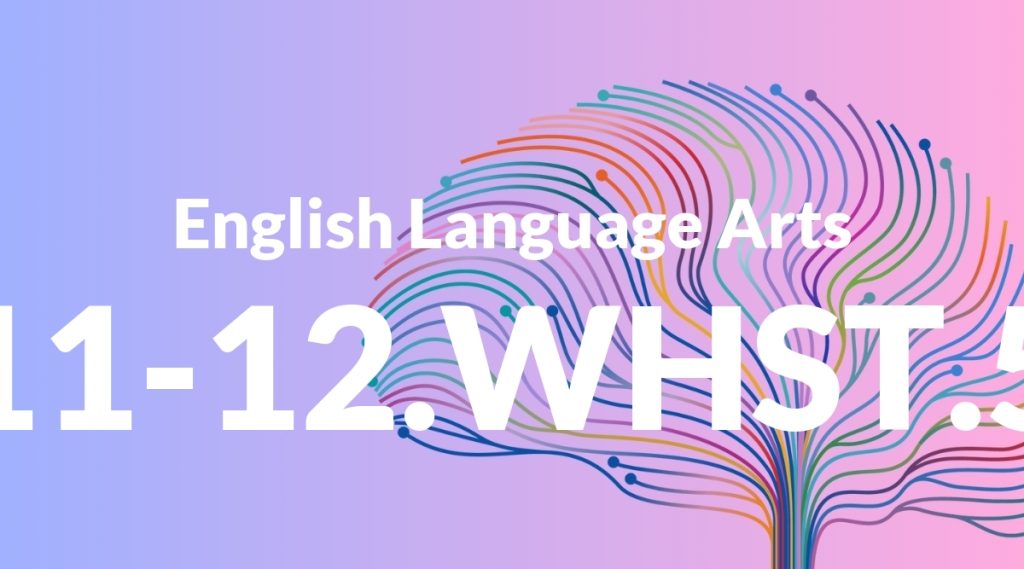Standard: 11-12.WHST.5 – Develop and strengthen writing as needed by planning, revising, editing, rewriting, or trying a new approach, focusing on addressing what is most significant for a specific purpose and audience.
Grade level: Grade 11-12
Subject: English Language Arts
Domain: Writing: History, Science & Technical Subjects
Teacher Overview
This standard emphasizes the iterative nature of writing, encouraging students to refine their work through multiple drafts. It is crucial for developing critical thinking and communication skills, which are essential for success in both academic and professional settings. Students should have a solid grasp of basic writing structures and grammar rules. They should also be comfortable with the process of peer review and self-assessment.
Students will move on to more complex writing tasks, such as college-level research papers and professional documents, where they will apply these advanced writing techniques.
Common Misconception 1
A common misconception is that one draft is enough to produce high-quality writing. This belief overlooks the importance of revision in improving clarity, coherence, and overall quality.
Intervention 1
Implement structured writing workshops where students submit multiple drafts and receive feedback from peers and the teacher. Emphasize the value of each stage in the writing process.
Common Misconception 2
Another misconception is that editing is solely about fixing grammar and spelling. This narrow view neglects the importance of revising for content, structure, and clarity.
Intervention 2
Encourage students to use a checklist that prioritizes content and organization before addressing grammar and spelling. Provide examples of how higher-order revisions can significantly enhance their writing.
Prerequisite Knowledge
Students should have a basic understanding of essay structure, including the introduction, body, and conclusion. They should be familiar with basic writing and grammar rules, and have experience with peer review and self-editing processes.
Subsequent Knowledge
After mastering this standard, students will be able to apply advanced writing techniques in various contexts, such as college-level research papers, professional reports, and creative writing projects. They will develop the ability to tailor their writing to different audiences and purposes effectively.
Instructional Activities
- Peer review sessions
- Writing workshops
- Drafting and revising research papers
- Editing technical documents
- Creating and revising business proposals




